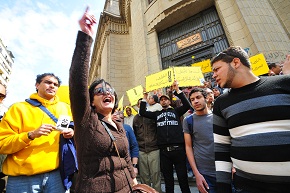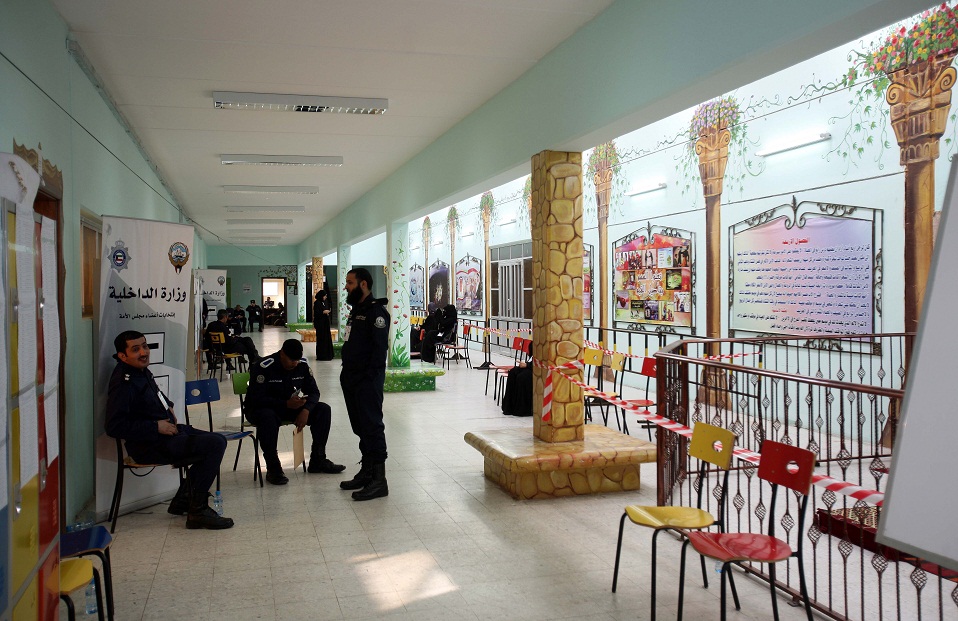
(Photo from Dayma Facebook page)
The informal word Dayma can mean several things; it can denote sustainability or the indelible impression it leaves on its participants. Dayma’s educational trips target school and university age individuals and take them to places like Fayoum, Marsa Allam, Aswan and the Bahareya and Siwa oases.
Founded by Betty Khoury and Sara El Sayed, Dayma aims to teach young people what they cannot learn in a classroom, though it is expanding to other demographics.
“We both come from a background of environmental education and we believe that location-based learning is much more effective than learning in a class setting,” El Sayed explained.
Dayma’s trips are based on three foundational concepts: nature, community and the self, as well as a dedication to biomimicry and learning from nature.
“Biomimicry isn’t a new concept,” El Sayed pointed out. “It comes from the idea that nature does what we do in a more sustainable and efficient manner, like managing water in stress conditions or travelling and communicating more efficiently. Over the past 150 years we’ve moved too far away from nature and we’ve come to think of ourselves as separate and above it, but we are part of it.”
Before you jump to conclusions about tree-hugging, Dayma is more concerned with how trees transport water efficiently rather than wrapping their arms around them.
“Trees that are higher than skyscrapers have an efficient system for transporting water through deepening roots,” El Sayed said. “We want biologists, designers and business people to mimic these systems without compromising modernity. In essence, we want people to see the genius of nature.”
Dayma’s main demographic is school and university students, but they are expanding.
“We offer trips to students, but soon we will include young professionals and graduates and we are expanding to corporations with corporate retreats,” she said. “About two or three times a year, we offer trips for the general public as well.”
The price range differs and each trip has its own circumstances that affect accommodation and activities.
“Each trip is different,” she said. “In Aswan we can only take 25 people because we stay in four or five homes with Nubians and we learn how they live, cook with them and share in their activities. In Fayoum we stay in Tunis with artists and then camp in Wadi El-Rayan while in Marsa Allam we stay in an ecolodge.”
“We try to give back to the locals whether it’s refurbishing a library or replanting a yard,” she said. “In Tunis, Fayoum, we worked with artists and the students set up a marketing strategy for the artists including a website.”
Most trips cost between EGP 1500 and EGP 2500 but El-Sayed said their higher prices means a better experience that includes scientists and biologist who will give much more than generic information about a location.
“We are connected to the Biomimicry Institute and we use their materials to teach about the subject,” El Sayed said. “We collaborate with Egyptian national parks, and some of our activities for students include observing fish and their behaviour, or creating a sound map with your eyes closed from what you hear around you. We then ask how can this inspire human design? How can we use these strategies from nature for our benefit?”
Dayma’s trips will soon be open to more people and expand to locations like Gabal Elba in the south of Egypt but with every trip they hope they leave a permanent effect on their participants through the education they impart to them.




